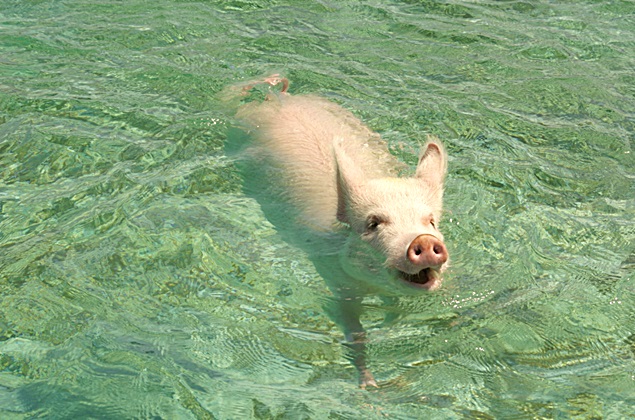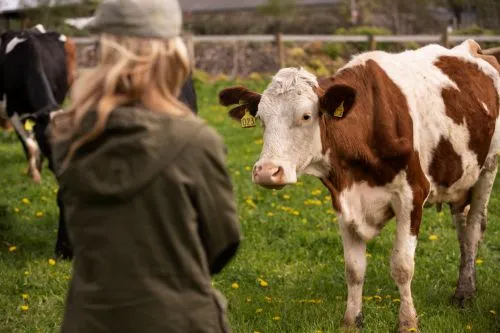1602

Given the upcoming period of high temperatures, the National Sanitary Veterinary and Food Safety Authority (ANSVSA) reminds animal owners and keepers of their obligations to ensure the protection and welfare of animals and to avoid heat stress.
Provisions for Farmers:
Farmers and other animal owners should consider the following:
- Adequate Shelter: Ensure animals have shelter that provides protection from direct sunlight.
- Sufficient Water and Feed: Provide adequate quantities of water and feed, both in terms of quality and quantity.
- Equipment Functionality: Check the proper functioning of watering, feeding equipment, and ventilation systems.
- Backup Equipment Availability: Ensure the availability of backup equipment, especially ventilation systems and electric generators.
- Work Restrictions During Heat: During heatwaves, draft animals should not be used for work between 12:00 PM and 6:00 PM if the shade temperature exceeds 25ºC.
- Health Monitoring: Any suspicious changes in animal health or behavior must be reported to the veterinarian responsible for monitoring the animals' health status in the respective locality.
- Outdoor Animal Care: For animals kept outside, ensure the presence of shaded areas and troughs with drinking water. If water sources are difficult to access or blocked, water must be provided manually and regularly to reduce dehydration risk.
Provisions for Local Administrations:
- Informing Animal Owners: Local administrations in areas with transhumant animals should inform animal owners about the forecasted weather conditions.
- Waste Management: Local councils and farmers should ensure there are facilities for collecting and neutralizing animal waste.
- Emergency Animal Retreats: Provide pre-determined places for withdrawing animals in exceptional cases.
Provisions for Pet Owners:
For pets kept outside (such as dogs, cats, rabbits, etc.), ensure they have access to drinking water and adequate shelter from the sun. Special attention should be paid to transporting pets, ensuring they are not kept in vehicles exposed to direct sunlight for prolonged periods.
Provisions for Horse Owners:
Like farm animals, horses and ponies kept outside during the day should have access to shaded shelters and water and feed sources.
Provisions for Animal Transporters:
- Avoiding Injury or Suffering: Legally obligated to transport animals in a way that does not cause unnecessary injury or suffering.
- Transport Timing: Animal transports should occur at night or early in the morning to avoid the hottest parts of the day.
- Microclimate Conditions: Ensure appropriate microclimate conditions in the transport vehicle for the entire duration of the journey.
- Route and Timing: Check the route and other travel-related aspects before loading animals to minimize waiting times.
- Loading Density: During high temperatures, reduce the loading density by 10-20% of the maximum authorized capacity, depending on the species, size, age, and physiological state of the animals.
- Emergency Plans: Have emergency plans to care for animals if the journey does not start promptly after loading.
- Ventilation Systems: For journeys longer than 8 hours, ensure the vehicle's ventilation system maintains a comfortable temperature between 5-30°C and provides constant access to water.
Drinking Water Requirements:
The daily water needs of animals vary depending on species, size, breed, and physiological state:
- Dairy Cows: 38-52 liters
- Cattle: 38 liters
- Horses: 20-45 liters
- Pigs: 4-11.5 liters
- Sheep: 6 liters
- Poultry: 0.5 liters
These figures vary with the animal's age, physiological state, ambient temperature, and humidity. All animal owners are legally obligated to take all necessary measures to ensure the welfare standards of their animals.
Service for Communication and Documentary Logistics.





